I added an alias:
$ alias anyalias="echo kallel"
If I execute:
$ anyalias
kallel
it executes the echo command without any problem.
Now, if I define a variable in this way:
$ var="anyalias"
and then execute with this way:
$ $var
-ash: anyalias: not found
Then I got a shell error.
How I can make $var running the command defined in the anyalias alias?
I m not looking to change the way of calling $var. But I m looking for a way of changing the definition of the alias or export it.
